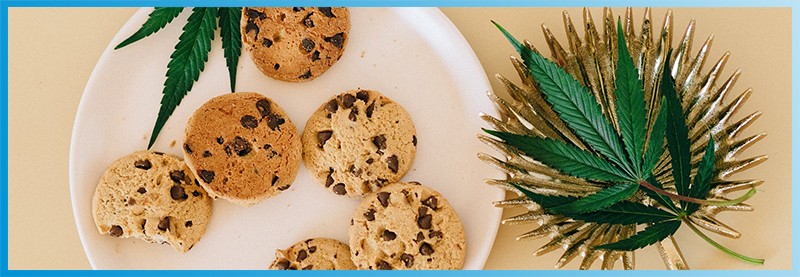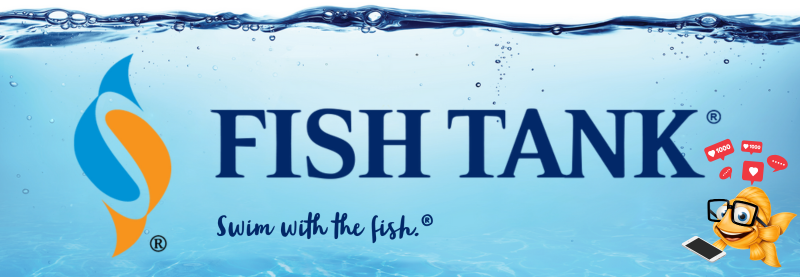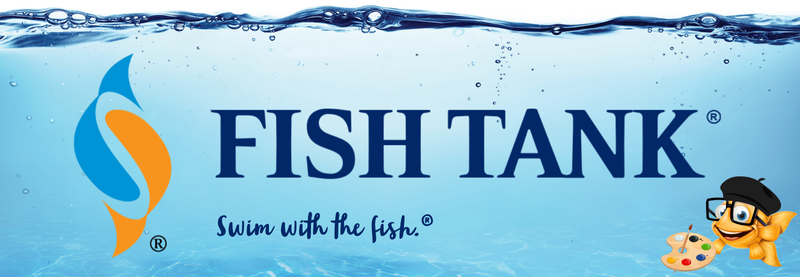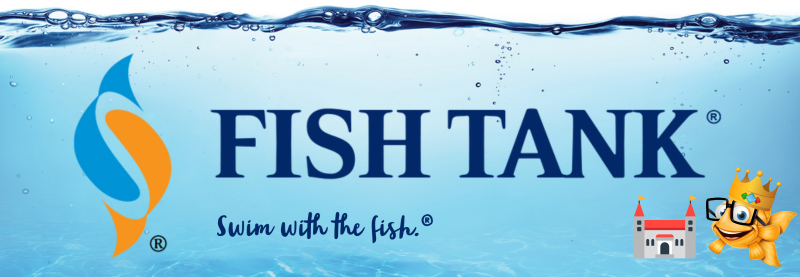Intellectual Property Insights from Fishman Stewart PLLC
Newsletter – Volume 22, Issue 9
Share on Social
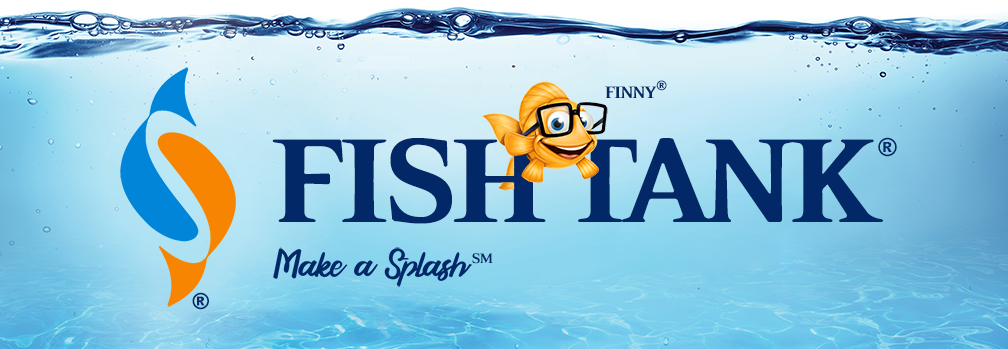
Cannabis Trademarks: Counterculture or Counterfeit?
By Zachary P. Grant
Lately, numerous household brands have received a bit of a spin. For example, you might have seen cannabis-infused Skittles® candy, Potify software, Tapatio® THC wax, Gorilla Glue® marijuana flower, UPS® cannabis delivery, or Jimmy Buffett’s Marijuanaville. But, so far, none of these brands are actually jumping headfirst into the cannabis industry. These are examples of cannabis businesses that attempted to leverage the goodwill of iconic brands to give their fledgling start-ups a boost.
Trademark infringement is prevalent in all industries, but some of the examples coming from the cannabis sector seem particularly salient, and with the advent of state cannabis legalization, trademark infringement lawsuits are on the rise. Cannabis brand owners have a long history of using clever names, puns, and parodies to make their taboo products more approachable. But this history of counterculture branding has raised issues of trademark infringement and counterfeiting for several cannabis business owners.
Many cannabis brands are created by entrepreneurs who are not seeking to poke the sleeping bear of established trademark owners. Rather, those entrepreneurs erroneously believe that merely creating a clever twist on an existing product name in a new market creates sufficient distinction between the brands to insulate them from liability. While there is precedent for such an argument, trademark fair-use and similar defenses around that kind of artistic expression are extremely complex and require strong evidence that there is no likelihood of confusion between brands.
A primary tenet of trademark law is to create clarity in the marketplace and bolster consumer confidence in product authenticity. When cannabis businesses adopt branding that uses the name and iconography of established trademarks there is a risk of consumer confusion. Moreover, these cannabis companies also neglect to consider that even trade dress – the colors and typography used in association with trademarks – can also be a basis for confusion. Branding that creates uncertainty or confusion in a product’s origin is damaging to the original brand owner and poses a danger to consumers who might inadvertently imbibe a psychoactive substance.
Thus, brand owners need to watch out for naïve and malicious actors that may be growing something in their back yard. Likewise, cannabis entrepreneurs must be careful to steer clear of using trademarks and packaging that might create consumer confusion. Finally, consumers should regularly inspect product labels to verify authenticity, and report potential instances of fraud to the FTC.
The rapid growth and associated growing pains of the cannabis industry is fascinating to observe, but trademark infringement in this sector is an excellent reminder that trademark law keeps consumers safe and businesses thriving.
For more information trademark strategies for cannabis brand owners, see our white paper on the subject.
Published April 28, 2022

Maxwell Goss Presents on Intellectual Property and the First Amendment
Related Content from Fishman Stewart
In our previous FishTank article “The Great Beige-Off: Influencer Sues for ‘Vibe’ Infringement,” we reported on Sydney Nicole Gifford’s lawsuit against fellow influencer Alyssa Sheil over allegations of copyright infringement involving neutral-toned social media content.
People have long pondered whether or not the Giza pyramids were indeed solely burial chambers, which was the only known, and archaeologically determined, use—until now.
As the story goes, Klein was so taken with the indescribable blue of the sky over the Mediterranean in Nice, France, that he dedicated his artistic talent developing a blue that would imbue the canvas with this color in its purest form.
Despite her pseudo-legal background in Suits, Meghan has been running into one issue after another in her efforts to register the trademark and logo for her new lifestyle company, for now, called “AS EVER”.
By 1930, efforts began in New York to replace Mother's Day with Parent's Day because men were more than just breadwinners. Those efforts didn't catch on, probably because in that era, women often spent more time in the home.
In February, Nike and Skims announced that they will be working together on a new brand, NikeSkims. The co-brand will create a new line of training apparel, footwear, and accessories specifically designed to meet the unique needs of women athletes.
Generally, federal courts have exclusive jurisdiction over copyright cases, and often, this presents an insurmountable paywall for individual artists and small businesses to vindicate their rights, especially where the value of the individual copyrighted works are relatively low.
Dedicated to raising public awareness about the importance of encouraging innovation and creativity throughout the world, the World Intellectual Property Organization (WIPO) annually observes World Intellectual Property Day on April 26 to showcase the role that patents, trademarks, industrial designs, copyrights and trade secrets play in our everyday lives.
Hold onto your foam fingers, sports fans – college sports just got a whole lot more interesting! The latest updates to Name, Image, and Likeness (NIL) rules are making student-athletes bigger than ever, and it’s not just about the game anymore.
Did a federal court in Louisiana recently decide that US copyrights are global rights? It seems so.
IDENTIFYING, SECURING AND ADVANCING CREATIVITY®


